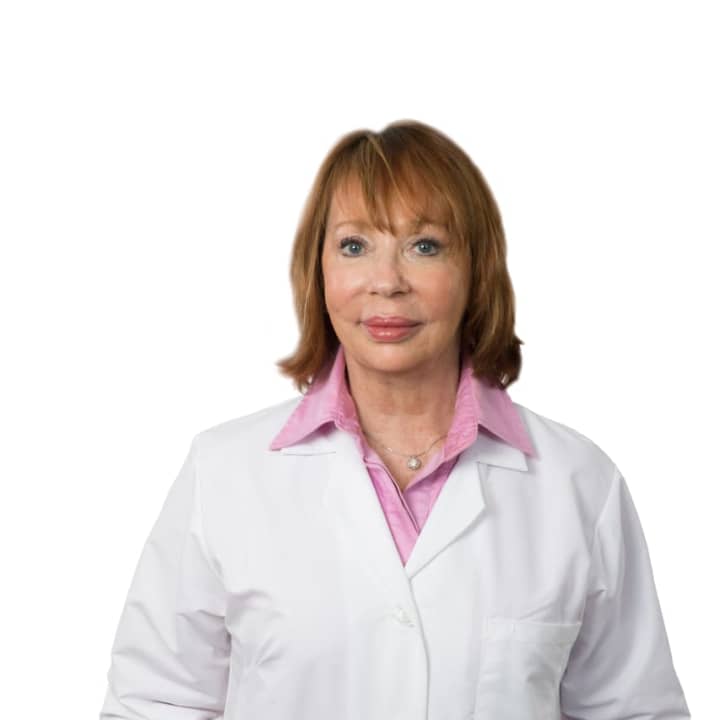"Some women wonder, why screen? Today there are approximately 3 million women in the United States who are breast cancer survivors, and 85 percent had no family history of the disease," said Kempner. "In most cases, their disease was likely discovered during a routine breast cancer screening. If we find the disease earlier, the treatment is more effective and less invasive."
About 240,000 cases of breast cancer were diagnosed in the United States in 2015, and 39,000 people died of the disease.
Before screening, it's important for women to learn their risk level. "You are at average risk if you do not have a strong family history of breast cancer like a parent, sibling or child who has had the disease, or you or your family members do not have one of the breast cancer genes," said Dr. Kempner. Women with average risk should begin screening at age 40, while those who are genetically predisposed should start sooner.
Screening generally starts with a 2-D or 3-D mammogram. Kempner recommends opting for the three dimensional screen, as it is more effective at detecting earlier cancers. In some instances, an ultrasound screening is used when dealing with young women, teens and pregnant mothers, while an MRI is recommended for those at high risk.
The American Cancer Society recommends that women ages 40-44 be screened at least once in those years, while women ages 45-54 should receive annual mammograms. Those 55 and older should be checked once every two years and screening should be continued as long as a woman is in good health and no cancer is found.
When deciding where to schedule a screening, Kempner suggests going to the experts. "A facility that provides 3-D mammograms is best," she said. "If that is not available, make sure the facility you choose provides digital mammograms."
For more information on breast cancer screening at Nyack hospital, click here.


